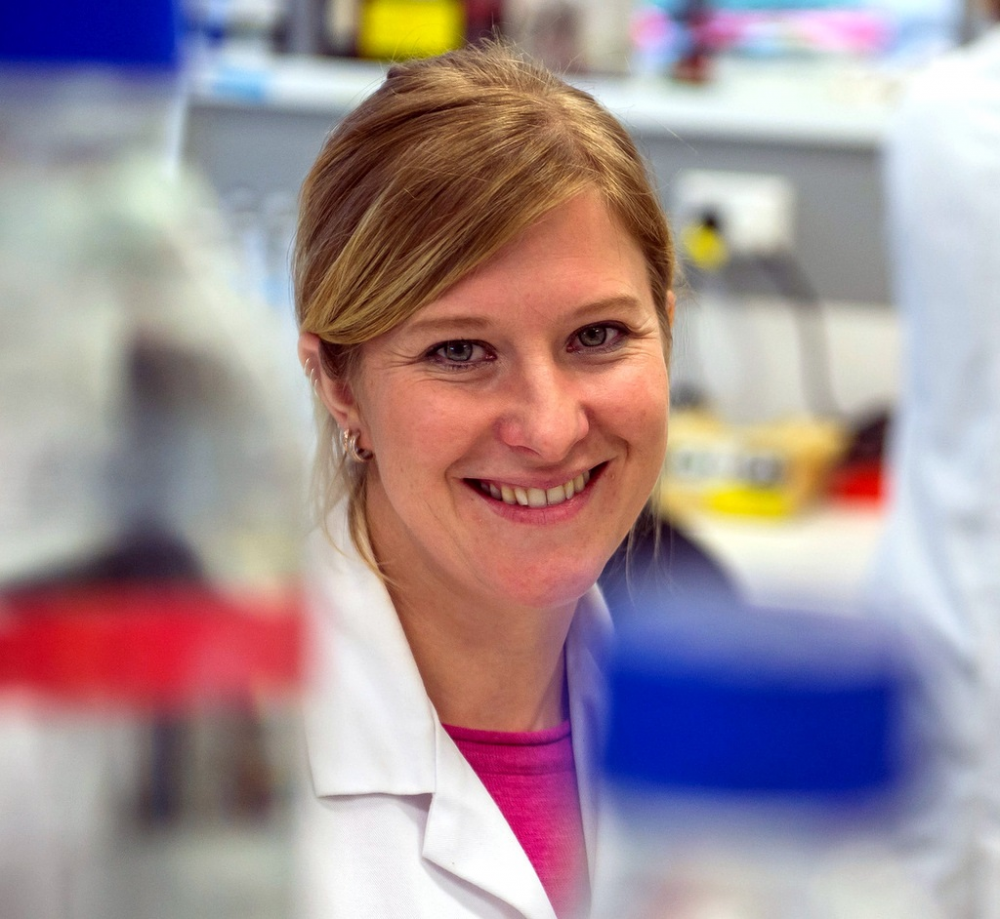Nine medical researchers awarded $72,000 in October funding
POSTED: 1 November 2017
The second funding round of 2017 funding from Research For Life saw nine Wellington-based medical researchers receive grants. Three applicants received a total of $62,914.00 to undertake innovative medical research and three travel grants totalling $8,812.00 were approved to assist local researchers
Research For Life funds innovative quality research undertaken by researchers in the early stages of their careers who, through their work, will advance the quality of healthcare in the Wellington region and beyond.
Recipients: Medical Research
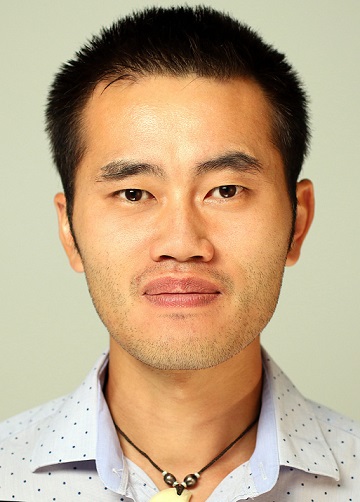 Dr Mickey Fan received a $14,000 Research for Life grant to investigate the role of the kidneys in the development of acute mountain sickness. Acute mountain sickness affects as many as half of the
Dr Mickey Fan received a $14,000 Research for Life grant to investigate the role of the kidneys in the development of acute mountain sickness. Acute mountain sickness affects as many as half of the
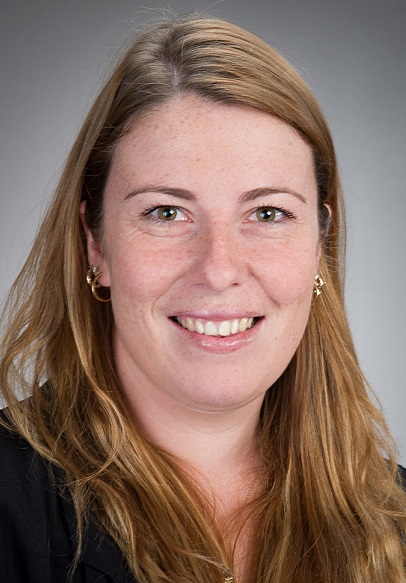 Dr Ana Holley received a $24,214 Research For Life grant to support research examining inflammatory molecules in patients suffering from heart attacks. Neutrophils are immune cells in the blood that are thought to drive the initial inflammatory response, however very little is known about the role of these cells in patients throughout the acute phase of a heart attack. Dr Holley’s research focuses on examining the changes in neutrophil function to better understand those patients who might experience excessive or prolonged inflammatory responses following their heart attack. This research aims to be a stepping-stone to better understand inflammatory processes that would allow for the development of targeted interventions to reduce pathological inflammation in heart attack patients and improve their clinical outcomes. Dr Holley is a postdoctoral fellow in the Cardiovascular Research Group at the University of Otago, Wellington.
Dr Ana Holley received a $24,214 Research For Life grant to support research examining inflammatory molecules in patients suffering from heart attacks. Neutrophils are immune cells in the blood that are thought to drive the initial inflammatory response, however very little is known about the role of these cells in patients throughout the acute phase of a heart attack. Dr Holley’s research focuses on examining the changes in neutrophil function to better understand those patients who might experience excessive or prolonged inflammatory responses following their heart attack. This research aims to be a stepping-stone to better understand inflammatory processes that would allow for the development of targeted interventions to reduce pathological inflammation in heart attack patients and improve their clinical outcomes. Dr Holley is a postdoctoral fellow in the Cardiovascular Research Group at the University of Otago, Wellington.
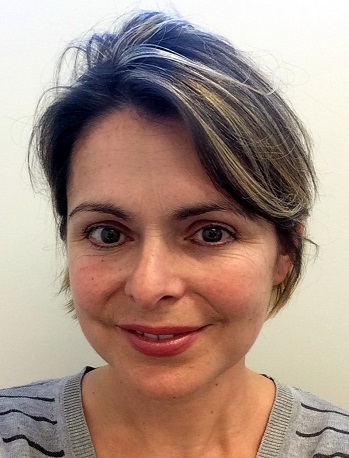 Dr Michelle Thunders received a $27,700 research grant to undertake research to help identify cardiac biomarkers in young patients presenting with myocardial infarction (MI). Typically, 10% of MI patients have further cardiac events. The identification of specific cardiac biomarkers could be used to aid patient management and rehabilitation. Dr Thunders is a senior lecturer in the Department of Pathology and Molecular Medicine at the University of Otago, Wellington.
Dr Michelle Thunders received a $27,700 research grant to undertake research to help identify cardiac biomarkers in young patients presenting with myocardial infarction (MI). Typically, 10% of MI patients have further cardiac events. The identification of specific cardiac biomarkers could be used to aid patient management and rehabilitation. Dr Thunders is a senior lecturer in the Department of Pathology and Molecular Medicine at the University of Otago, Wellington.
Recipients: Travel Grants
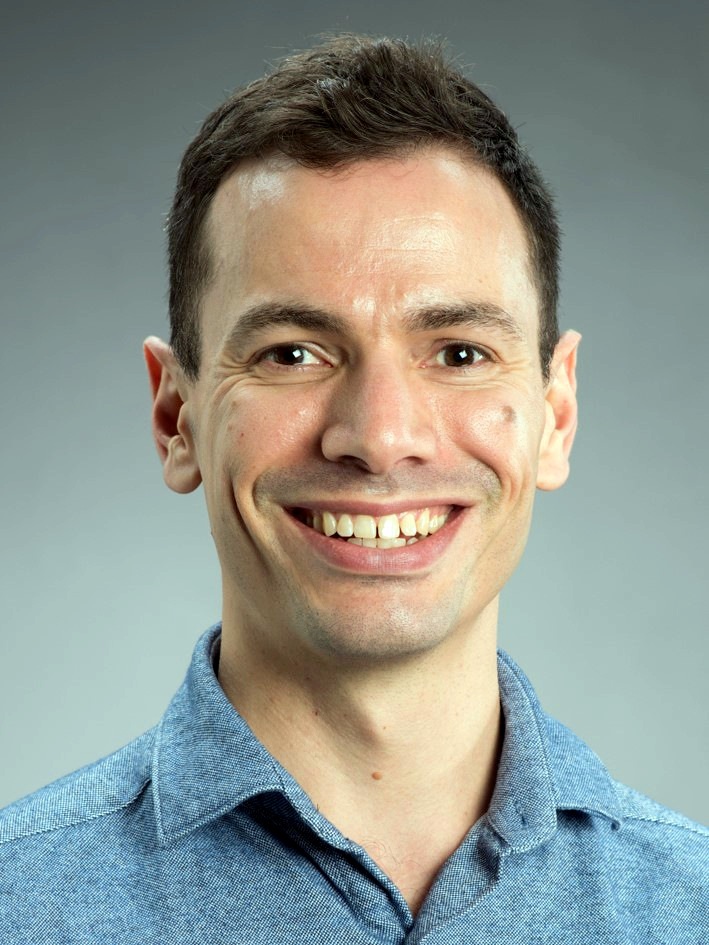 Carl Beyers, a PhD student in the School of Biological Sciences at Victoria University of Wellington, received a travel grant of $1,500 to present his research findings to the 46th Australasian Society for Immunology’s annual conference in Brisbane in November. Carl’s research interest lies in studying new therapies for progressive multiple sclerosis (MS), and in profiling the human immune system. He aims to present data in Brisbane that contrasts the immune system of healthy people with those who suffer from MS to highlight the differences as a way to study MS pathology.
Carl Beyers, a PhD student in the School of Biological Sciences at Victoria University of Wellington, received a travel grant of $1,500 to present his research findings to the 46th Australasian Society for Immunology’s annual conference in Brisbane in November. Carl’s research interest lies in studying new therapies for progressive multiple sclerosis (MS), and in profiling the human immune system. He aims to present data in Brisbane that contrasts the immune system of healthy people with those who suffer from MS to highlight the differences as a way to study MS pathology.
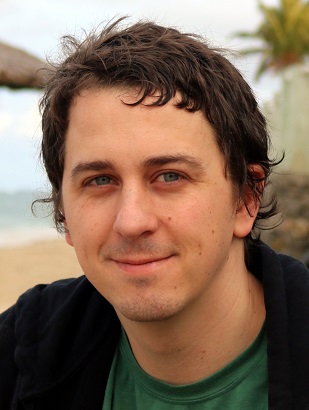 Dr Mark Calcott, a postdoctoral fellow at the School of Biological Sciences at Victoria University of Wellington, received a $1,000 travel grant to present his research findings at the conference “Natural Products and Synthetic Biology: Parts and Pathways” in the USA early next year. Dr Calcott’s research involves searching for new bacterial natural products. The aim of this research is to identify new natural products with antibiotic activity.
Dr Mark Calcott, a postdoctoral fellow at the School of Biological Sciences at Victoria University of Wellington, received a $1,000 travel grant to present his research findings at the conference “Natural Products and Synthetic Biology: Parts and Pathways” in the USA early next year. Dr Calcott’s research involves searching for new bacterial natural products. The aim of this research is to identify new natural products with antibiotic activity.
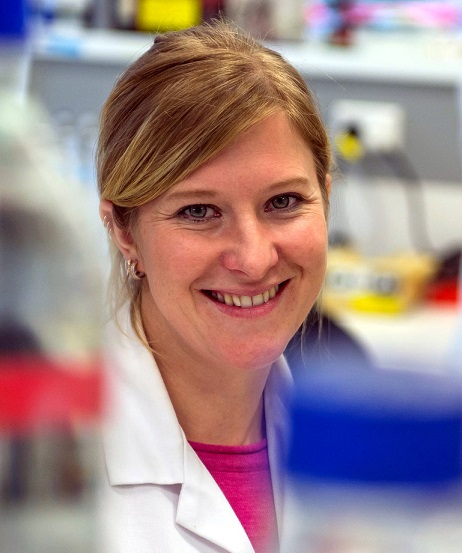 Dr Lisa Connor, a senior research fellow at the Malaghan Institute of Medical Research received $1,500 Research for Life travel grant to present her research at the 46th Australasian Society
Dr Lisa Connor, a senior research fellow at the Malaghan Institute of Medical Research received $1,500 Research for Life travel grant to present her research at the 46th Australasian Society
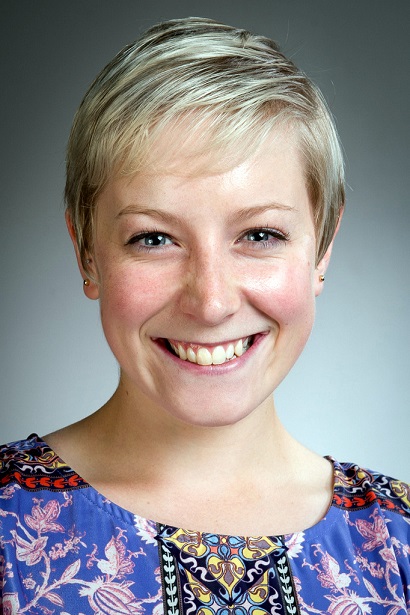 Kathryn Hally, a PhD student at the School of Biological Sciences at Victoria University of Wellington, received a travel grant of $1,312 to present her research findings at the Australasian Society for Immunology’s Annual Scientific Meeting in Brisbane this year. Kathryn’s research has focussed on platelet immunology in patients with acute myocardial infarction (heart attacks). In particular, she is interested in determining how platelets may be alternatively activated by immune mediators in heart attack patients, and how this may relate to patient outcome.
Kathryn Hally, a PhD student at the School of Biological Sciences at Victoria University of Wellington, received a travel grant of $1,312 to present her research findings at the Australasian Society for Immunology’s Annual Scientific Meeting in Brisbane this year. Kathryn’s research has focussed on platelet immunology in patients with acute myocardial infarction (heart attacks). In particular, she is interested in determining how platelets may be alternatively activated by immune mediators in heart attack patients, and how this may relate to patient outcome.
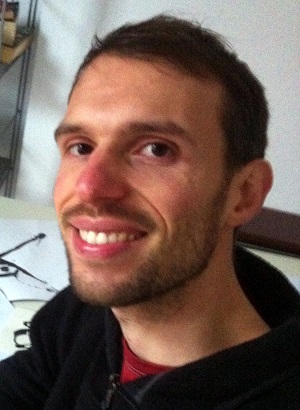 Johannes Mayer, a postdoctoral research fellow from the Ronchese laboratory at the Malaghan Institute of Medical Research, received a travel grant of $1,500 to present his research findings at the Australasian Society for Immunology Conference 2017 in Brisbane, Australia. His research interest focuses on dendritic cells, which are instrumental in driving the appropriate differentiation T cells. The correct development of specific effector T cells with characteristic cytokine profiles is essential to mount a robust immune response against a wide variety of pathogens, ranging from single-cell microorganisms to large parasitic worms. Thus, dendritic cells play an important role in pointing the immune system in the right direction and Johannes’ work focuses on deciphering the signals dendritic cells produce to accomplish this task.
Johannes Mayer, a postdoctoral research fellow from the Ronchese laboratory at the Malaghan Institute of Medical Research, received a travel grant of $1,500 to present his research findings at the Australasian Society for Immunology Conference 2017 in Brisbane, Australia. His research interest focuses on dendritic cells, which are instrumental in driving the appropriate differentiation T cells. The correct development of specific effector T cells with characteristic cytokine profiles is essential to mount a robust immune response against a wide variety of pathogens, ranging from single-cell microorganisms to large parasitic worms. Thus, dendritic cells play an important role in pointing the immune system in the right direction and Johannes’ work focuses on deciphering the signals dendritic cells produce to accomplish this task.
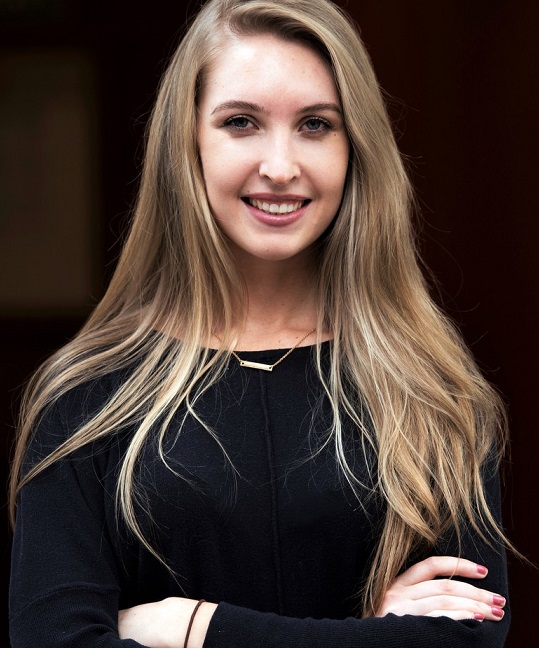 Abigail Sharrock, completing a PhD in biotechnology in the Ackerley Lab at Victoria University of Wellington, received a travel grant of $2,000 to spend two months conducting research at the Wilmer Eye Institute, Johns Hopkins School of Medicine,
Abigail Sharrock, completing a PhD in biotechnology in the Ackerley Lab at Victoria University of Wellington, received a travel grant of $2,000 to spend two months conducting research at the Wilmer Eye Institute, Johns Hopkins School of Medicine,
The closing date for the next round of Research for Life grant applications - including travel grant applications – is Wednesday, 7 March 2018.

